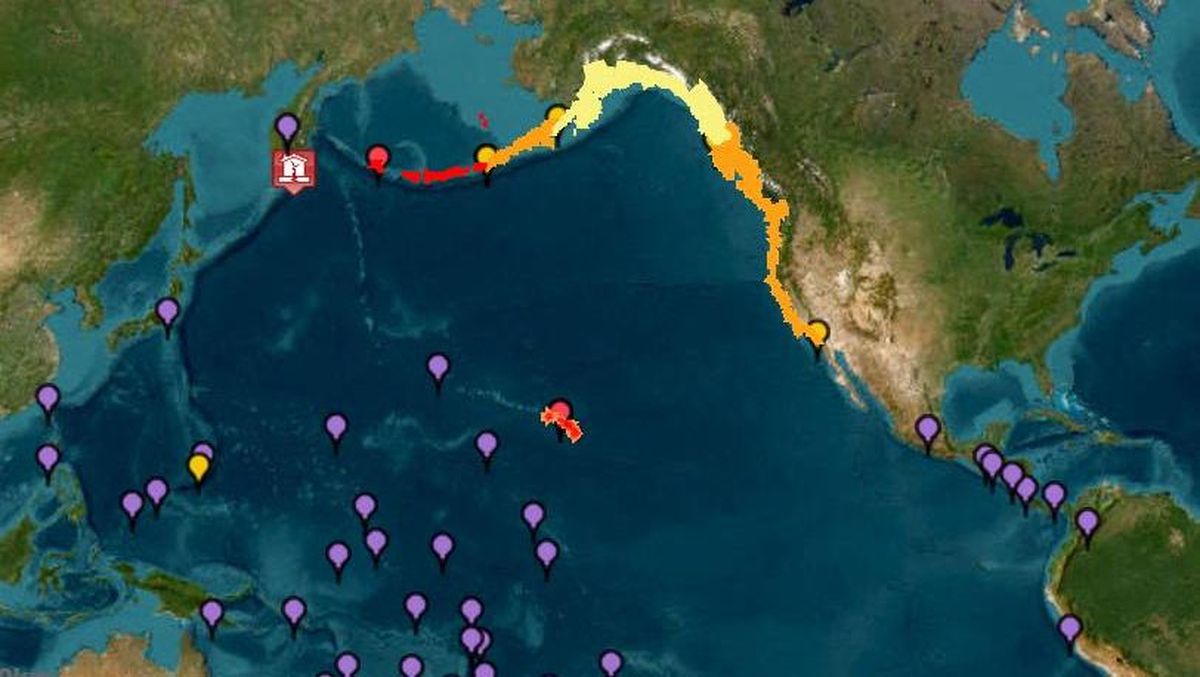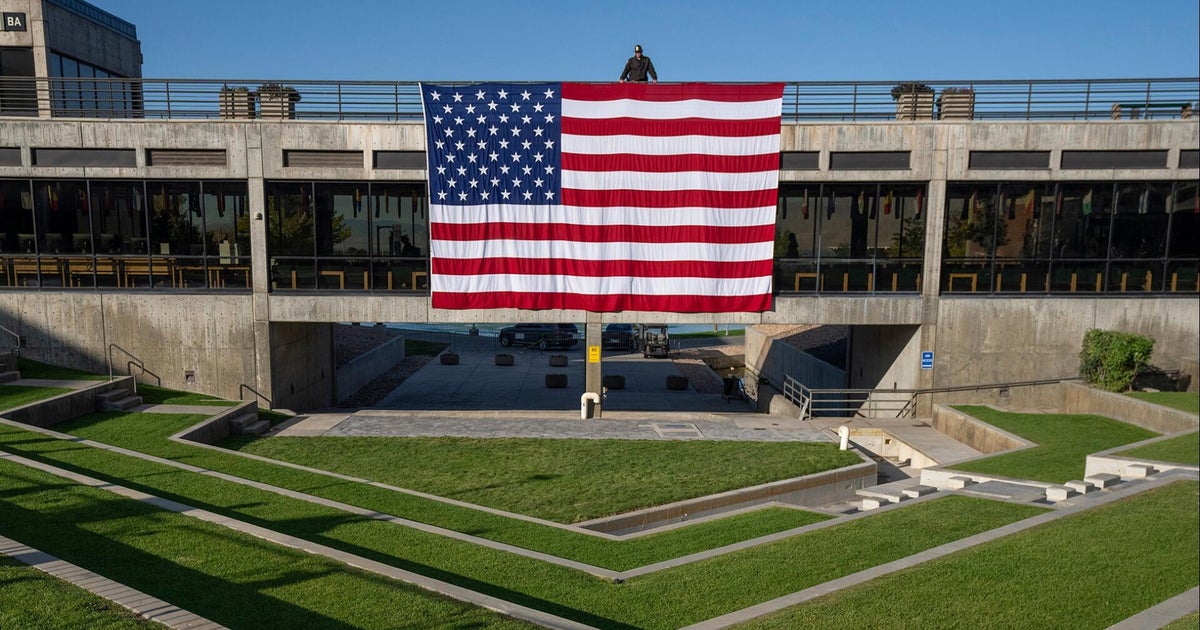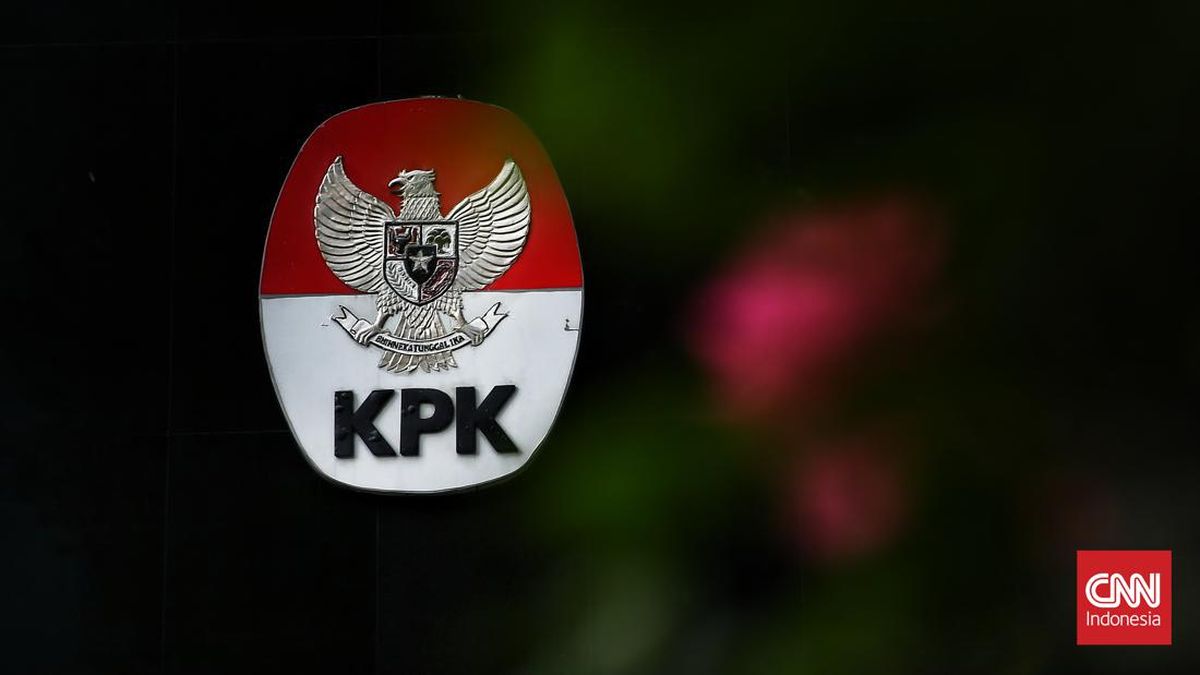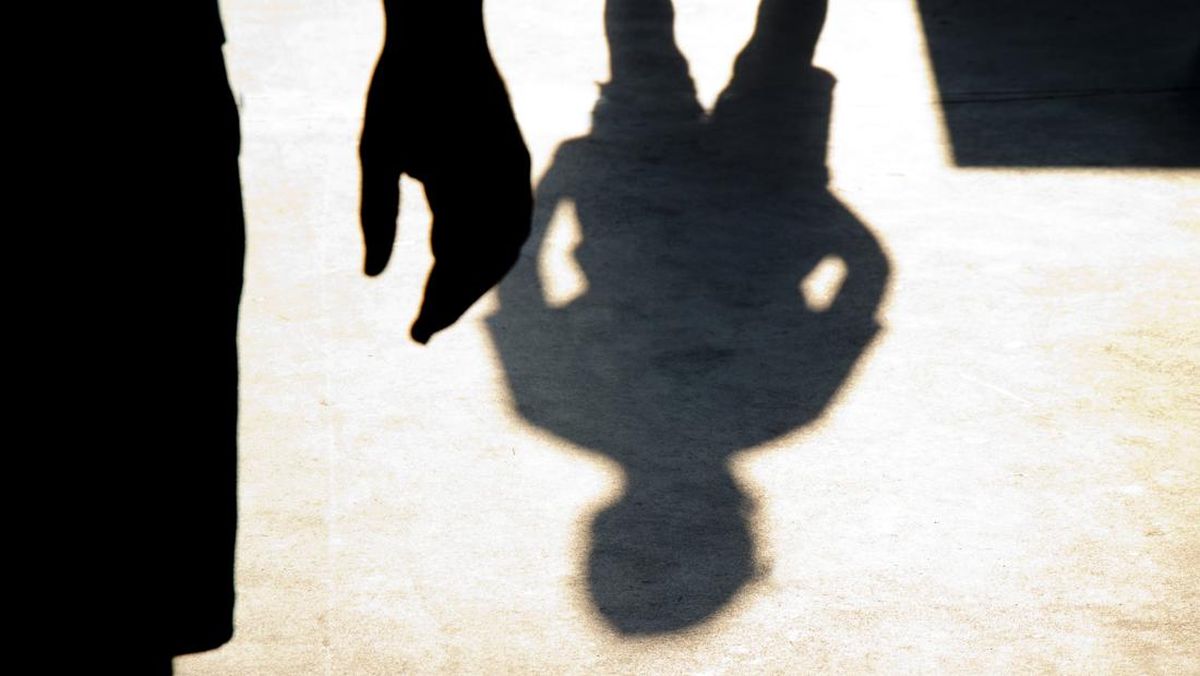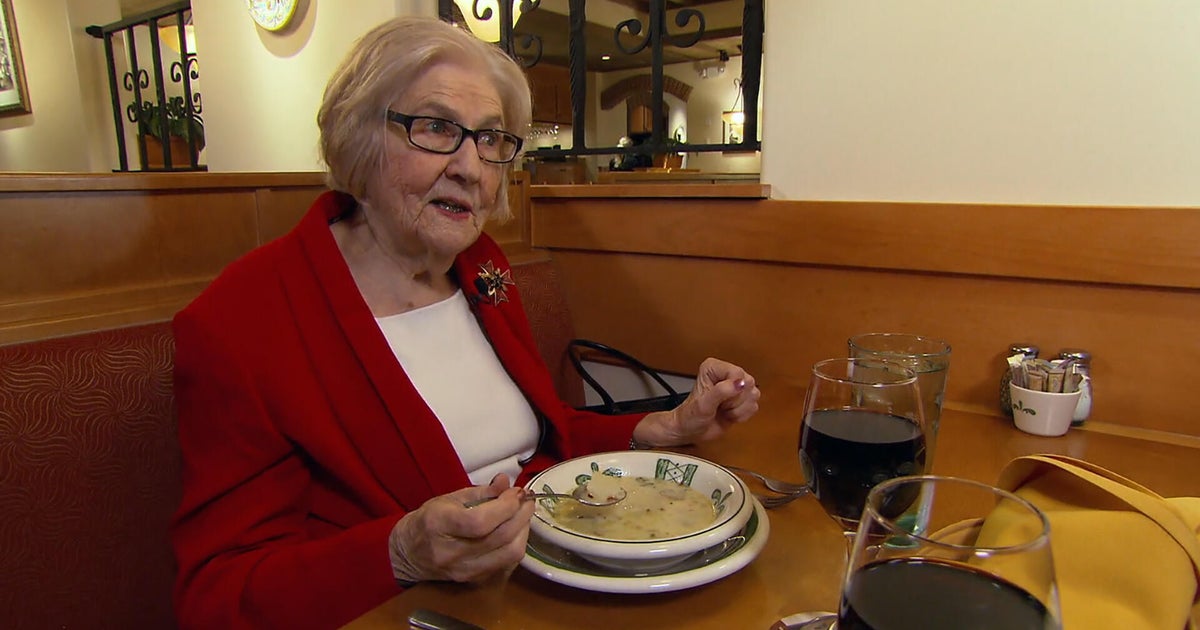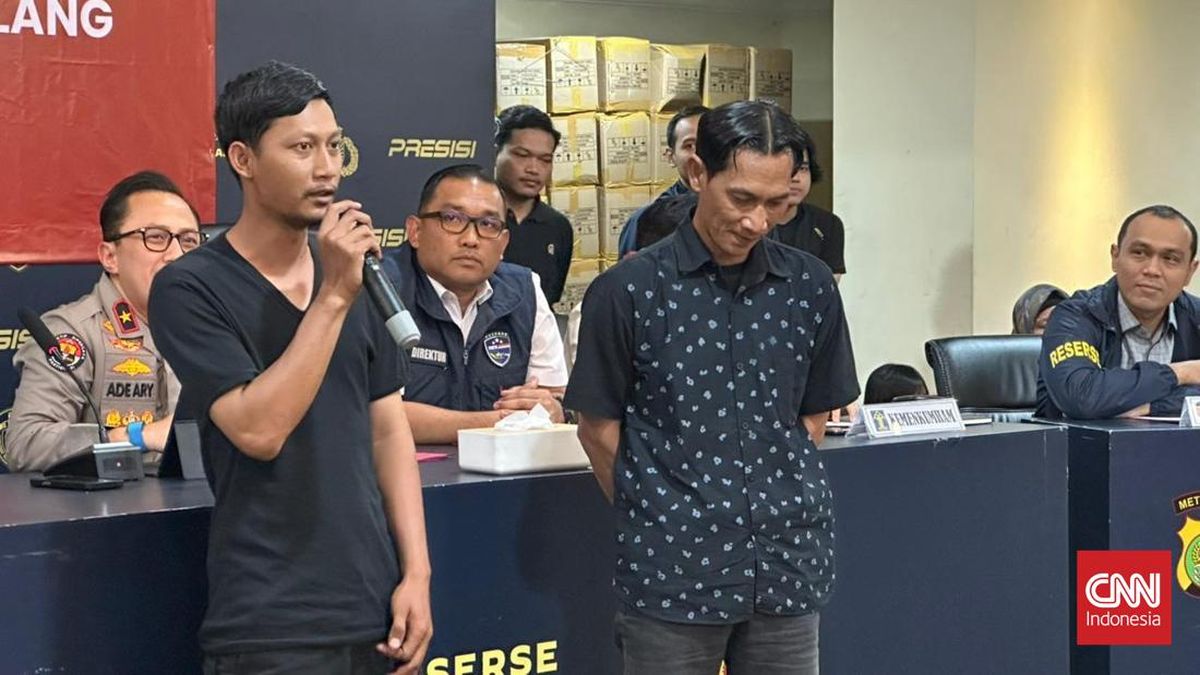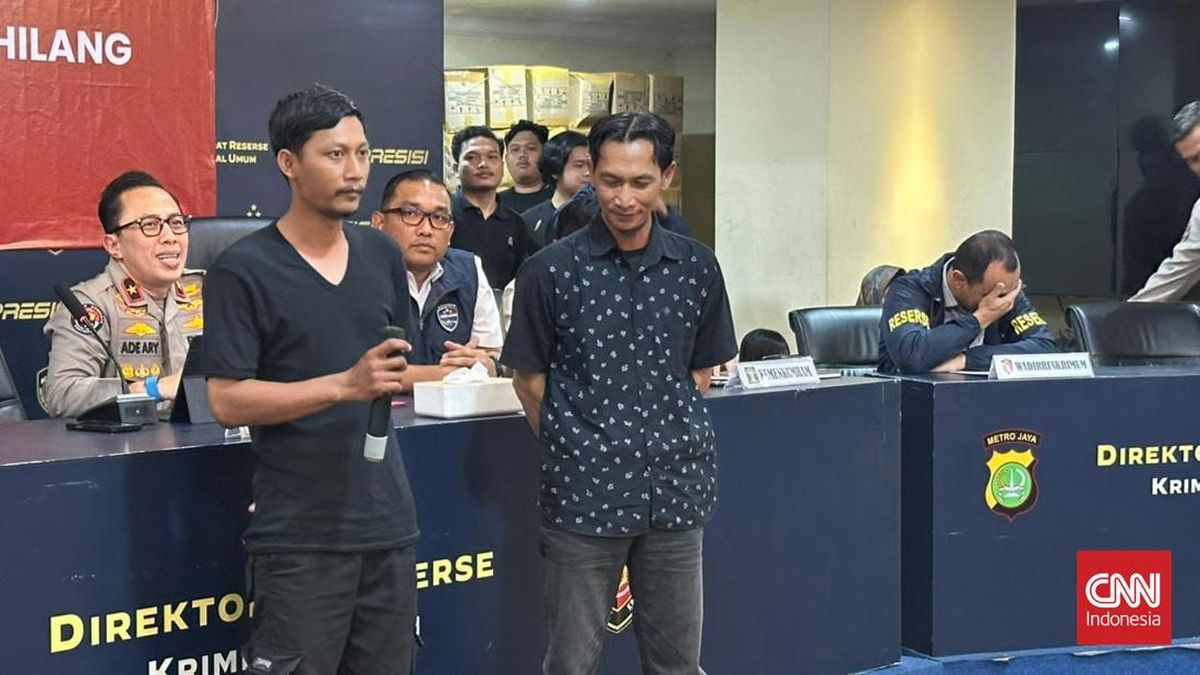What keeps you awake at 4am? For Tschabalala Self, there’s a list of things. “How do I live? What will happen to me when death comes? Do I have a spirit – and what does that mean? What is the purpose of my life? Am I loved? Am I allowed to feel fear? Am I able to love others? Is my life worth anything?”
These are the things all of us worry about, says the acclaimed US artist. “That’s my primary interest, investigating those universal sentiments and making artworks that resonate on that frequency, so people can recognise that this is our shared humanity; basically the existential concerns of being a human being.”
These conceptual, invisible elements, she argues, sit side by side with external ideas about self – our skin, for example. Being black, American, and a woman are all parts of the 34-year-old artist’s identity, and they also inform her work.

Tschabalala Self in her studio.
That duality of the seen and unseen selves is explored in the Harlem-born artist’s upcoming show, Skin Tight, which opens at the Australian Centre for Contemporary Art this month.
Curated by ACCA’s Dr Shelley McSpedden and CEO and artistic director Myles Russell-Cook, the show features 20 large-scale works, and is designed as an immersive experience. While this is Self’s first Australian show, she is a big name internationally, collected by the Guggenheim, the Whitney, the Met and the Studio Museum in Harlem; her work has achieved six-figure prices at auction.
Her bold, confident creations are designed to challenge preconceptions; at the same time they are often playful, teasing and sensual. Because of the size of her paintings, she often works on the floor, wearing knee pads, and the layering effect achieved through the use of textiles – and other found materials – reflects the complexity of the issues she addresses. Self leaves it to the viewer to determine a work’s meaning.
McSpedden saw Self’s work at London’s Barbican gallery as part of Unravel: the power and politics of textiles in art, which featured 50 artists who “use textiles to communicate vital ideas about power, resistance and survival”.
“She’s a rock star in the international art world but there’s a lack of knowledge [about her] locally,” McSpedden says. “This [show] is going to blow your mind.”

Tschabalala Self, Candy, 2021. Credit: Courtesy of the artist and Pilar Corrias Gallery, London
As well as the paintings – which McSpedden describes as fabric assemblages– there is a soft sculpture, which depicts two figures embracing, made from fabric.
“The painting style I’ve developed emerged from my print-making practice,” says Self. “I used to do collagraphs, with plates made from non-conventional materials: cardboard, bits of fabric, various materials that create enough of a surface to produce a transfer.”
At one stage, she cut up old oil paintings to make prints: “they had enough peaks and valleys that they could be inked up”.
At ACCA, there’s also a three-channel video, a reimagining of a play Self wrote, directed and created sets and costumes for in 2021. “I like to repurpose materials in my practice, so I revisited the documentation of the play and turned it into a non-linear, three channel video,” she says.
Many of the new works in the ACCA show are huge. The immersive nature of the show relates to how it is hung: murals created by VCA students, under Self’s direction, will adorn each room, “creating a psychological space” says McSpedden.

Tschabalala Self, Blue Woman, 2025.Credit: Courtesy of the artist and Pilar Corrias Gallery, London
Making art helps Self articulate the big issues but does it help resolve them? “Making art is a way of investigating the questions I have; I don’t really know if it helps me resolve these questions. Maybe it does, but then I think there are always more questions that come about in life. What making art does for me and also viewing other people’s art, it gives me the confidence to feel comfortable with the questions.
“I think a lot of the dread comes from feeling uncomfortable with having questions. You should feel comfortable to ask the question without the possibility of finding the answer – a lot of times people have a lot of dread because they can’t fully articulate these questions and it just becomes an impending feeling of doom.
“If they could just allow themselves to have questions, to let the questions linger, unanswered, have faith, give themselves the space to be with them … I think that’s a healthier way to navigate life. I think the arts allow people that room, that space, that confidence; it allows me to have those experiences and I hope my art does the same for other people.”
The show’s title is a double entendre, Self says. “The words ‘skin tight’ make you think about a body, curvaceous bodies, automatically you think about the silhouette that exists in my work, and for me that silhouette is important because it represents the pinnacle of the black female beauty standard. That’s the first thing that comes to mind – the skin tight refers to the reality of identity politics but also the limitations of it.”

Tschabalala Self, Submission, 2025.Credit: Courtesy of the artist and Pilar Corrias Gallery, London
“We all navigate the world as who we are. I’m a black woman and there are certain expectations and stereotypes, negative and positive, that are attached to that, that people have of me. That’s one of the ways people have to navigate the world, because of their skin.
“But that also barely encompasses the totality, there are aspects to all people which supersede the way in which they show up in the world. And that brings up the existential concerns, this potential for a consciousness, a shared humanity and a spirit that is so much more complex than one’s identity politics.”
Loading
Self’s parents moved from New Orleans to Harlem, where she and her four siblings grew up. Harlem in the 1990s was a beautiful, amazing place, she says, and for black Americans is a such a place of culture and history and pride.
Her Bodega Run series, created in 2017, was inspired by the diversity of people there, as well as taking cues from labels of products on sale on the shelves at her local family-run store, the bodega.
“I was thinking about the different racial dynamics between people from African descent from different nations, and how their views on one another and themselves collided every day in the space at the corner store.
“It is something I do like to explore in general within my work, thinking about all the different nuances of black identity and how understandings of blackness do shift, depending on where you are and the context,” Self says. “The conversation is more complex than just looking at the concept of a black identity and a white identity.”
Also complex is the reality of being a black woman in America today. Living in the Hudson Valley countryside rather than New York City, she was not shocked when Trump was re-elected. “I was also not shocked Americans did not vote for a black woman president.”
While her day-to-day life in some ways is not hugely impacted by Trump, she is devastated to see hard-fought laws – “many of which people died for” – dismantled. “On one hand it’s so surreal some of the things that are happening, it makes you feel so oppressed, but in day-to-day life, people do still live,” she says. “You can still have a barbecue, or your lover, or your friends, but it doesn’t mean your rights are not being eroded.”
Tschabalala Self: Skin Tight is at ACCA from September 12 to November 23.





